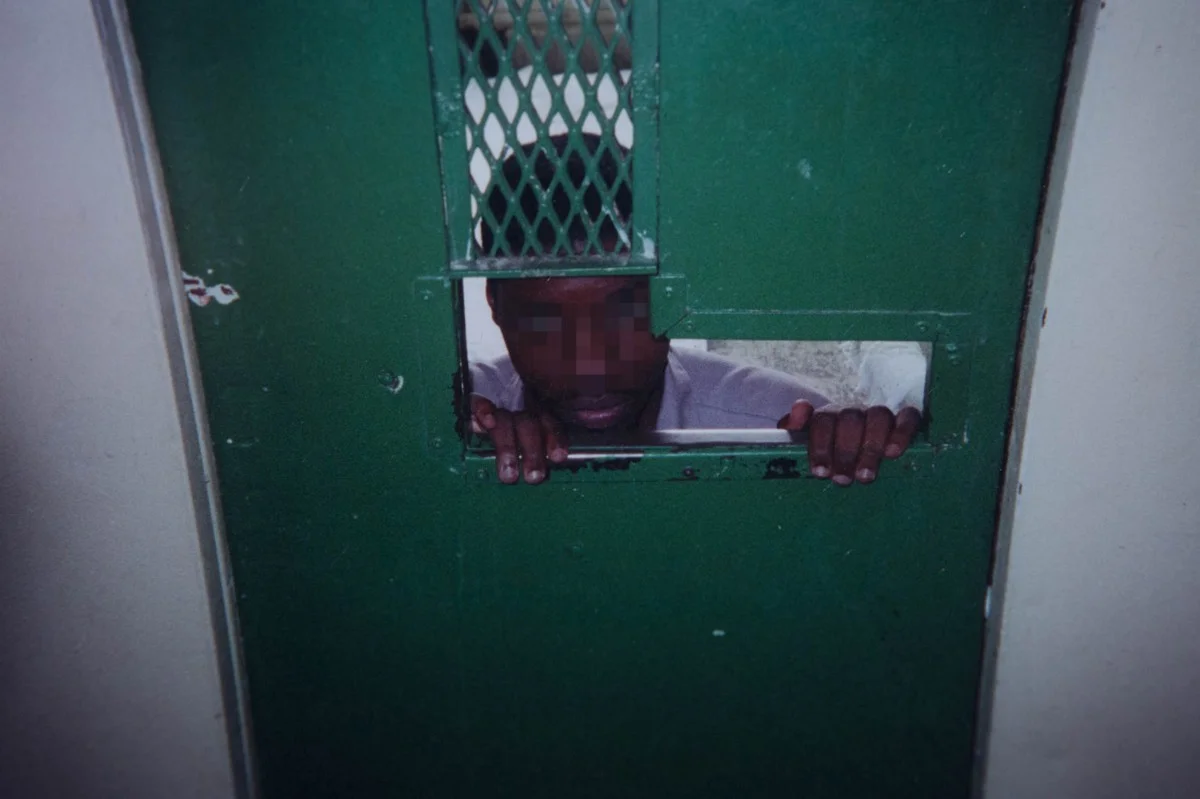Of the places I've visited in my life, Rikers Island is the closest to hell I could imagine. I used to visit about twice a month when I worked as a social worker for the Legal Aid Society so I could talk to my clients imprisoned there.
The bus ride to Rikers is a long one, about 45 minutes from Long Island City, Queens. Eventually, you get to the entrance and cross a long bridge toward the island, which served as a sort of metaphor, a gateway from the safe city into a long descent toward Dante's hell. (It reminds me of the scene in Kurosawa's 'Rashomon" when the Woodcutter is followed through the woods toward evil).
Once you arrived, the corrections officers checked your credentials, and then you were off on another bus to one of Rikers many jails (There are 10 in total, each holding several hundred people in them).
The bus ride was always jarring to me. I'd ride with a collection of corrections officers on a macabre tour of the island filled with beatdown buildings whose architecture seemed designed to be as lifeless and soul-sucking as possible.
I always sensed that the correction officers felt that energy too. They often looked dazed and numb, as if the years of work shepherding the poor, broken classes had traumatized them and now they were shells of themselves. I can only imagine the violence they had to enact. An underrated part of all oppression is not only what it does to the oppressed, but how it destroys the souls of the oppressors as well.
Once inside a jail, I usually had to wait to see anyone often times for several hours. The reason was because Rikers jails would often have emergencies, where all the alarms in the building would go off. Usually, it was to quell some prisoner, and often times you'd see a line of officers dressed for battle. They'd hold batons and where complete body armor that looked like a turtle's shell. Sometimes you'd see EMT units arrive too.
Eventually, I would be escorted through the prison, passing a steady stream of men in orange jumpsuits, handcuffed with hangdog expressions, each one appearing to push down any humanity that is left in them so that they could survive. And then I would meet the inmate who were always men except for one exception. Same goes for race, as everyone was exclusively black or Hispanic. Not one of them ever admitted to guilt interestingly enough. What I did hear were the stories of the suffering. The mentally ill. The disabled. The poor. The parts of America that most people don't realize even exists.
For confidentiality reasons, I can't go into too much detail, but one particular incident struck me in my time at Rikers. I met with a kid who was maybe 16 or 17 and was accused of shooting at a rival gang. Luckily he missed everyone.
What I remember were his tears above all else. His tears about being separated from his mother and siblings. His tears about having to fight constantly inside in order to survive. He had sinned, there was no doubt. But it was clear to me that he was nothing but a scared child who had acted out of survival. That much of our society had failed him. And that he would never the chance at life as I did.
It was a depressing thought. I remember the ride home feeling numb and wandering around Queens once I got off the bus in a daze. I wanted nothing more to take the G train home and return to the luxury of my privileged existence.
I felt powerless then. I could not do much for that kid, besides getting him a lighter sentence. Even if could avoid jail time, which was improbable, he would be a part of the system, shuffled from agency to agency, likely to fall through the cracks before he committed his next crime where he would inevitably return here.
That powerlessness stayed with me because I still feel powerless. I've written and thought about the many moral crises in America a lot lately. Not the obvious one going on with our President, which at this point, I pay less and less attention too because he is very much the culmination of American life. He is less the problem than the symptom of not only American life but life on earth in general.
No, the crises that keep me up are the ones that happen in places like Rikers where the dignity of so many human beings has suffocated by the world we live in. What can we do in the face of such overwhelming suffering?


